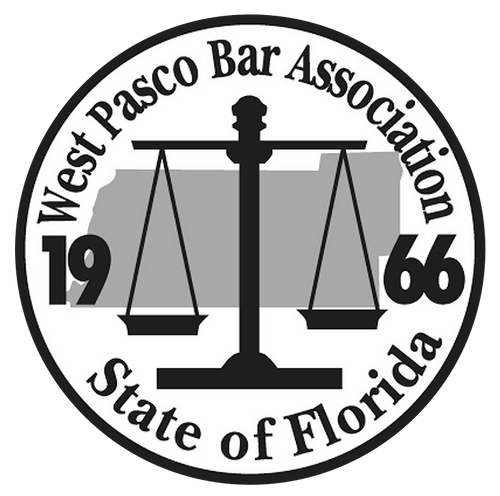Your Parent Passed Away With Property in Florida—Now What?
 Losing a parent is one of the most difficult experiences that someone can go through. Unfortunately, if your mother or father recently died, you’ll likely need to take certain steps to administer their estate while also navigating the grief and other emotions that you’re currently feeling. Below, you can find some helpful information about what to expect if your parent passed away with property in Florida.
Losing a parent is one of the most difficult experiences that someone can go through. Unfortunately, if your mother or father recently died, you’ll likely need to take certain steps to administer their estate while also navigating the grief and other emotions that you’re currently feeling. Below, you can find some helpful information about what to expect if your parent passed away with property in Florida.
Will You Have to Go Through the Probate Process in Florida?
If your parent was permanently living in Florida at the time they died, then it’s safe to assume that any probate proceedings would be conducted in Florida courts. But what if they lived in a different state but owned real estate in Florida? If they solely owned the property in Florida, then you may need to go through two separate probate proceedings—one in the state where your parent lived and another in Florida. (Note that there are certain exceptions to this rule, such as when the real estate in question has a transfer-on-death deed or is included in a revocable living trust.)
As an example, let’s say that your parent lived in New York but owned a vacation home in Florida at the time of their death. If your parent owned the Florida property on their own—as opposed to it being a joint tenancy or a tenancy by the entirety, for instance—then you’ll likely need to also go through the probate process in Florida before the property can be inherited. The probate proceedings in New York would be known as “domiciliary probate,” and the probate proceedings in Florida would be referred to as “ancillary probate.”
It’s important to note that if you choose to hire an attorney to represent you in the Florida probate proceedings—and it’s a smart idea to do so—then they’ll need to be licensed to practice in Florida. As such, you may need to find a second lawyer if the one handling the domiciliary probate proceedings isn’t admitted in both states.
Are There Any Estate or Inheritance Taxes in Florida?
Florida does not impose any state inheritance or estate taxes for individuals who died after December 31, 2004. As such, if your parent passed away after that date, you won’t need to file a Florida estate tax return. But keep in mind that you may still need to file other types of tax returns, including:
- A final individual state income tax return
- A final individual federal income tax return
- A federal estate/trust income tax return
- A federal estate tax return
A probate attorney can let you know which tax returns you’ll need to file and walk you through the process for doing so.
What Should You Do First?
Having to administer a parent’s estate can be complicated, to say the least, especially if you’re doing it on your own. So, after a parent passes away, one of the first things you should do is contact an experienced estate planning attorney who’s admitted in the state where your parent owned property. A lawyer can guide you through the probate process, helping to ensure that your parent’s wishes are fulfilled (as best as possible) and that any applicable rules and deadlines are satisfied.
If you need an attorney in the Tampa Bay area, you can rely on the skilled team at The Lyons Law Group, P.A. We have offices in New Port Richey, FL, and Spring Hill, FL, allowing us to effectively represent clients throughout Pasco and Hernando counties and the surrounding area. Contact us today to schedule a free initial consultation with one of our knowledgeable estate administration attorneys.





